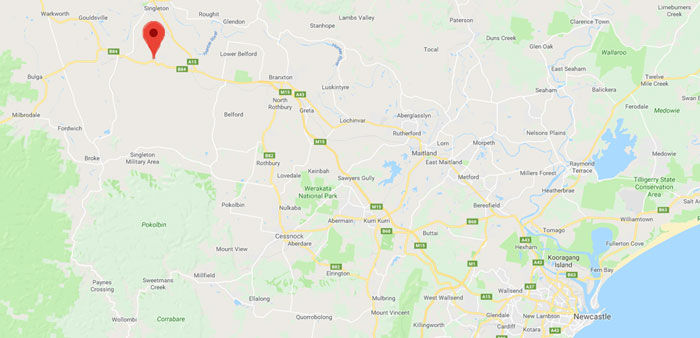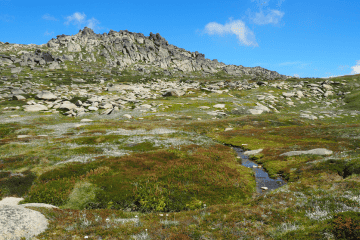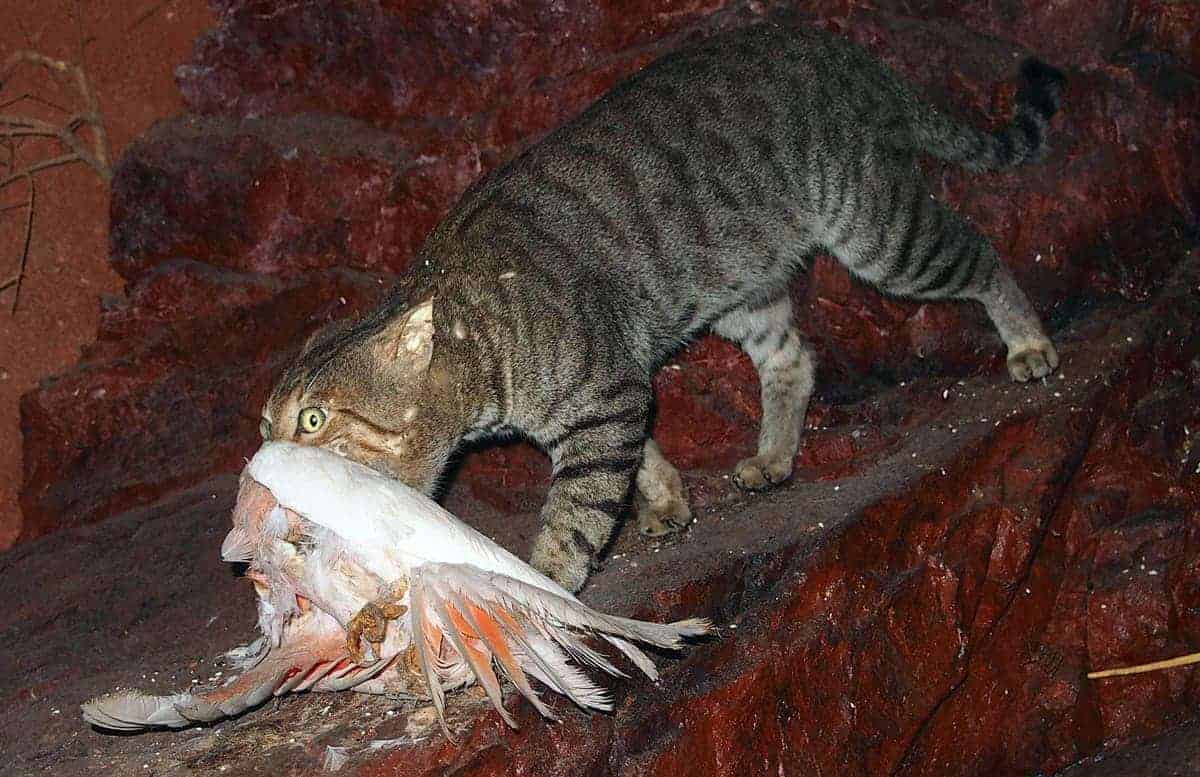
A campaign of misinformation threatens to derail the humane, science-based control of feral horses at Singleton Army Base in NSW, the Invasive Species Council warned today.
“Aerial shooting is frequently used to control feral animals across Australia,” Invasive Species Council CEO Andrew Cox said today.
“Under strict animal welfare protocols developed with the RSPCA it is one of a range of techniques used to control feral horses.
“Outrageous and impractical alternatives being proposed are threatening professional feral horse control on the army base.
“The suggestion from Upper Hunter state MP Michael Johnsen that these horses could instead be moved into a national park is ludicrous. National parks are not horse paddocks or holding pens for feral animals.
“The campaign of misinformation and hyperbole against professional shooters using a science-based, humane solution to control feral animals has to stop.”
Aerial shooting of feral horses at the Singleton Army Base in the Upper Hunter Valley is planned to begin this week, with strong animal welfare arguments for it to proceed.
In 2014, the Department of Defence undertook a trial to capture and re-home a number of the feral horses in the area. The trial was unsuccessful due to the trauma and stress suffered by the horses as a result of exposure from the live fire and bombing activities on the range. This trauma makes the horses more difficult to train in an attempt to re-home them.
Fertility control is impractical in places with difficult access. At Singleton Army Base unexploded ordinance poses extreme operational difficulties for all ground-based horse control options.
“Failing to manage the feral horses at Singleton Army Base is a poor animal welfare outcome,” Mr Cox said.
“Misleading claims about the animal welfare outcomes of shooting feral horses from a helicopter also need to be set straight.
“The cull of horses in Guy Fawkes River National Park in 2000 was not the large-scale tragedy it has been commonly portrayed. An independent review found that only one horse of the 606 shot did not die immediately.
“We encourage the Department of Defence to continue to work closely with the RSPCA. This will allow horse numbers to be reduced while ensuring animal welfare concerns are addressed.”









